Sustaining Methadone Treatment During Lockdown
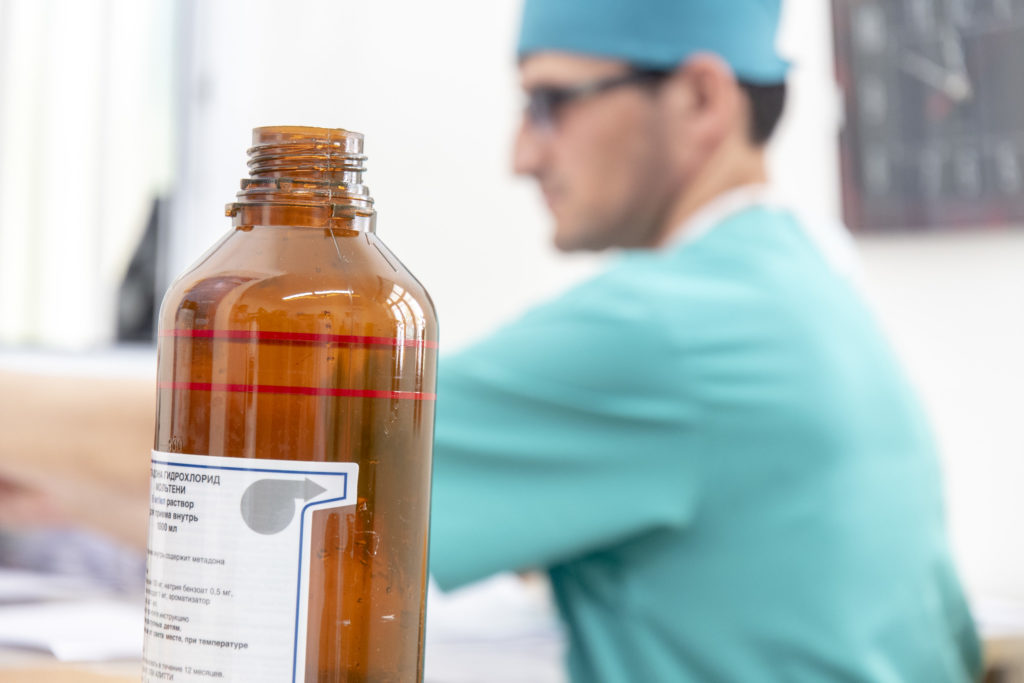
While the advent of the COVID-19 pandemic in early 2020 dominated the attention of global public health, the challenge of treating drug addiction and HIV – often co-occurring – was only complicated by fear of COVID-19 and the necessary restrictions imposed by governments to prevent transmission.
The Kyrgyz Republic is one of three countries in Central Asia, along with Kazakhstan and Tajikistan, where ICAP has been working since 2011, supporting HIV and tuberculosis services, particularly for people who inject drugs. In this context, ICAP’s focus shifted to ensuring that hard-won health gains to reach vulnerable populations in Kyrgyzstan would not be set back by the new pandemic.
In the context of the COVID-19 lockdown, the protocol in Kyrgyzstan for patients using medication-assisted therapy (MAT) to control their drug addiction needed to be rapidly transformed. The usual requirements involved the need for the clients to visit an MAT clinic every day for counseling and receive a limited supply of methadone. After six months, if the client met certain criteria, including negative urine tests and consistent medication usage, then the MAT site would issue an increased supply so clients could take the medication at home.
After the Kyrgyz government declared a state of emergency on March 22, 2020 in response to the worsening COVID-19 situation, ICAP collaborated with the Ministry of Health’s Republican Narcology Center (RNC) on plans to keep clients in MAT treatment, while minimizing the need for travel during the national quarantine and the risk of exposure to COVID-19. As part of these COVID-19 preventive measures, the RNC began to increase the number of MAT clients in Kyrgyzstan permitted to take home up to five daily doses of methadone supply.
“After almost nine months, we have seen great success with this new protocol and the proportion of clients on MAT who pick up methadone for 5-7 days increased from 36% to 97%.”
Ainagul Isakova,
ICAP program coordinator in Kyrgyzstan
Funding: The Global Fund to Fight AIDS, Tuberculosis, and Malaria and the U.S. President’s Emergency Plan for AIDS Relief (PEPFAR)
INVENTIVE
PREVENTIVE
SUSTAINABLE
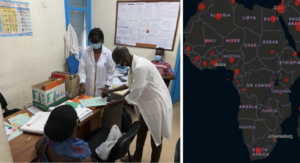

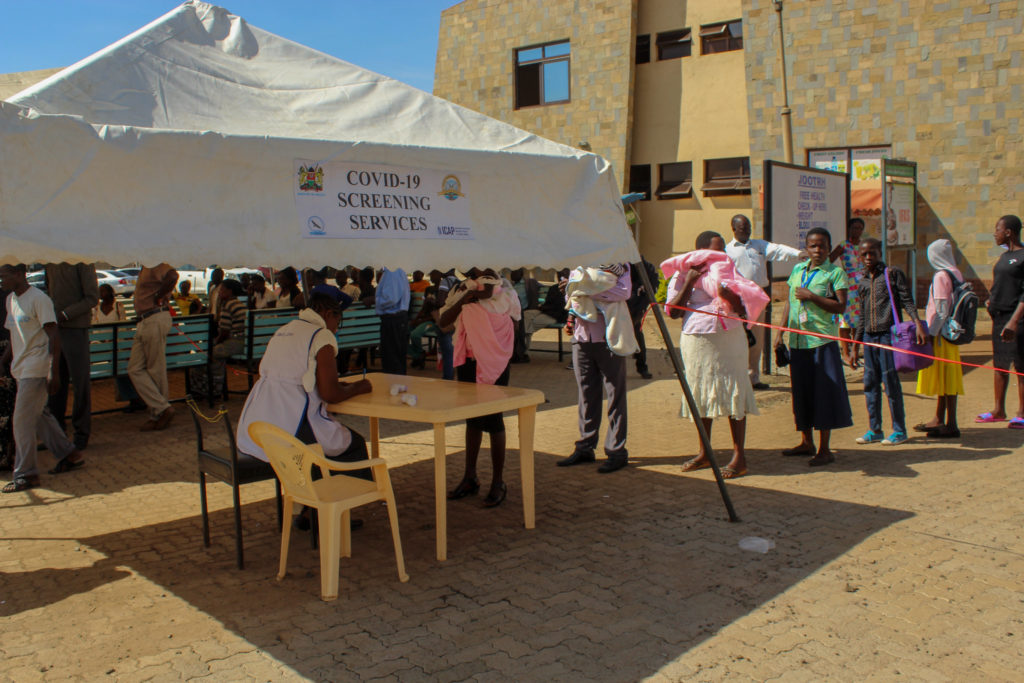
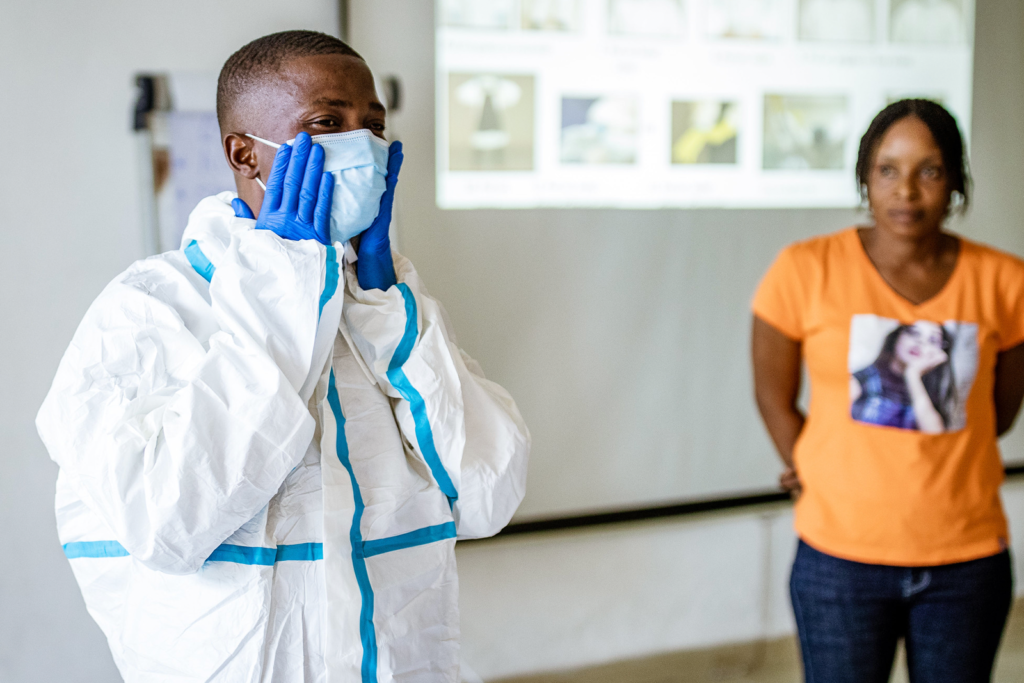
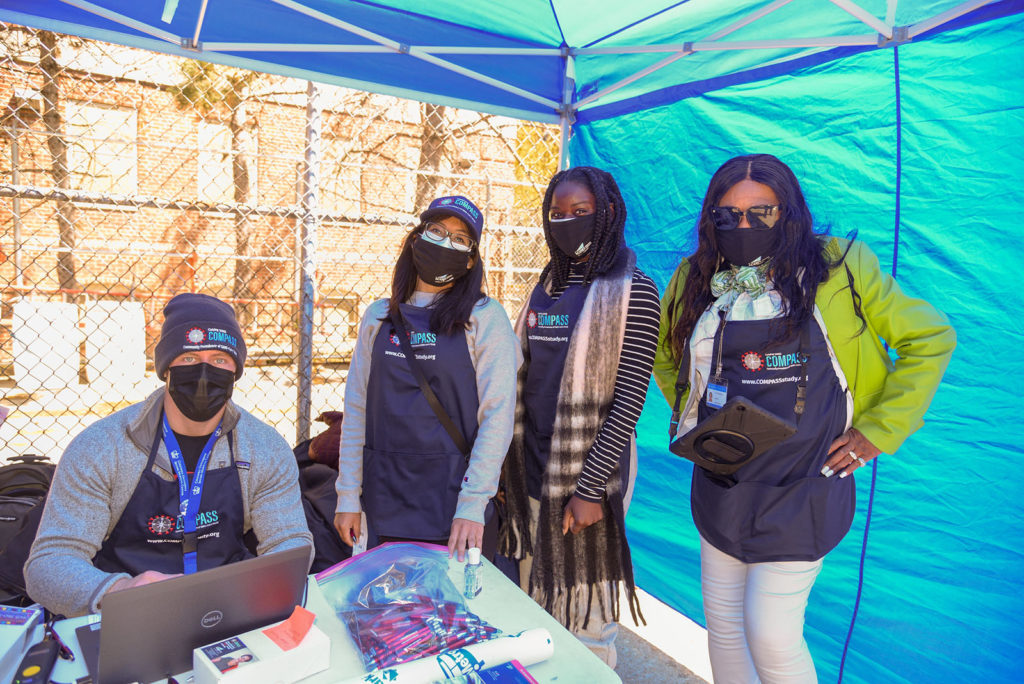

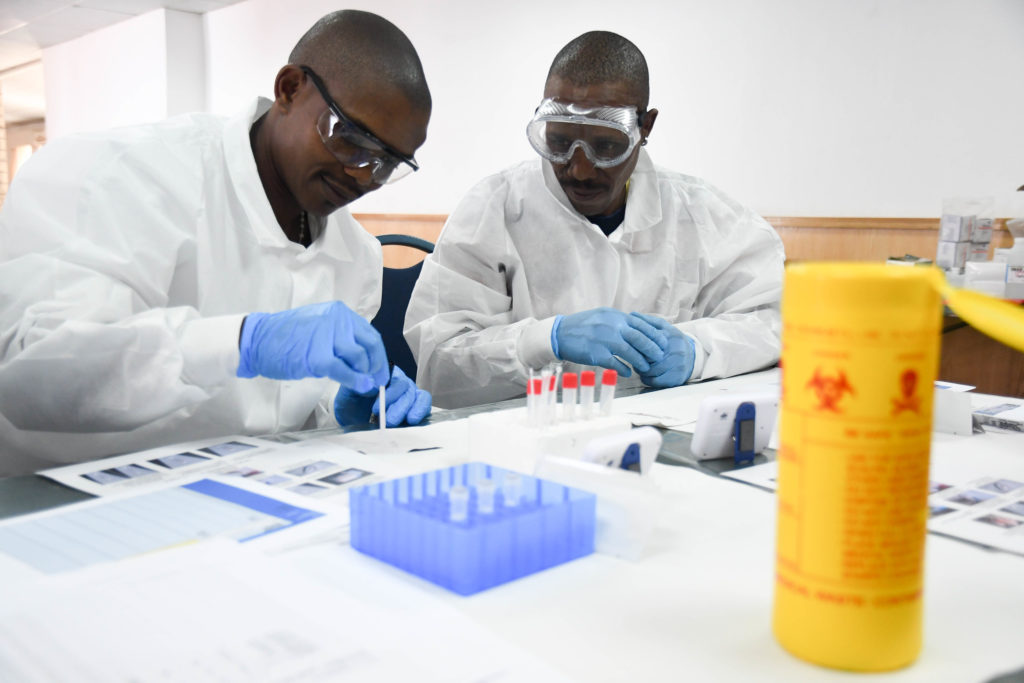
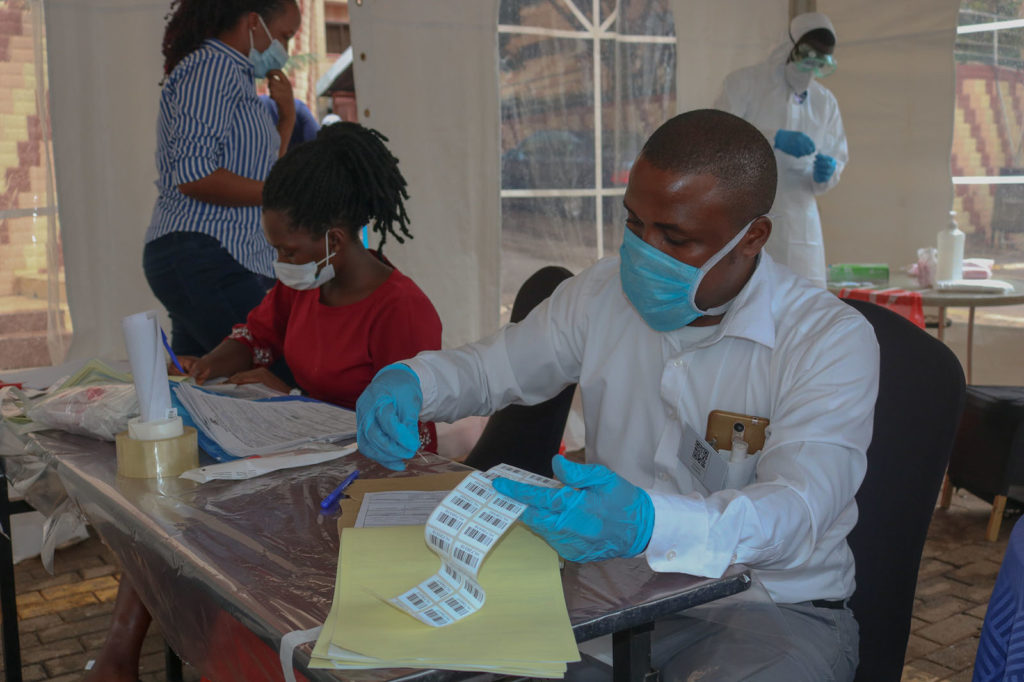
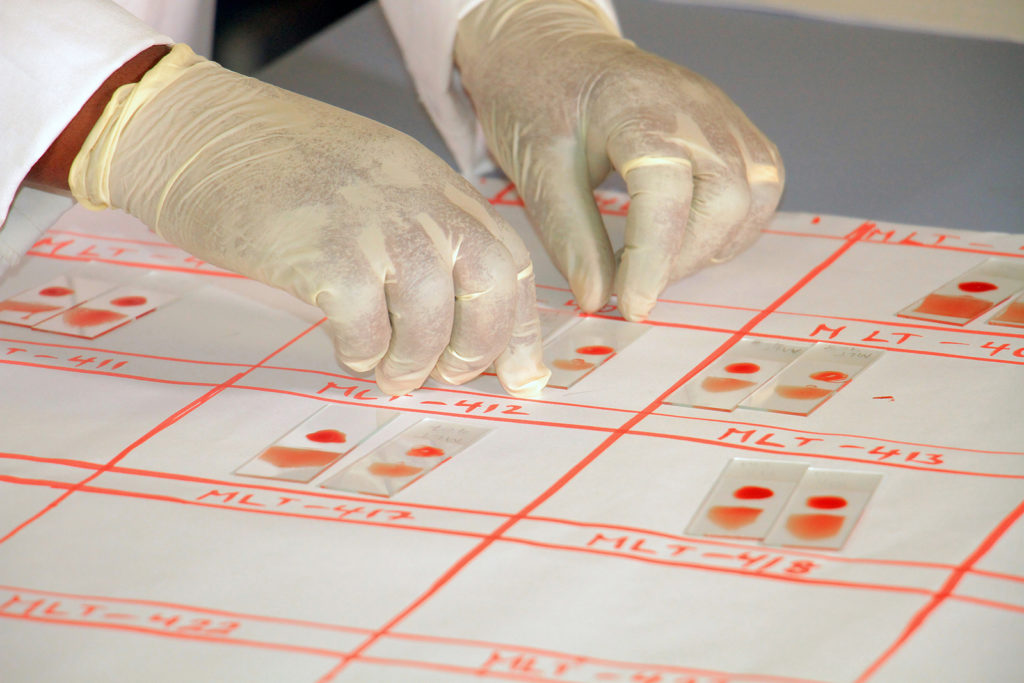
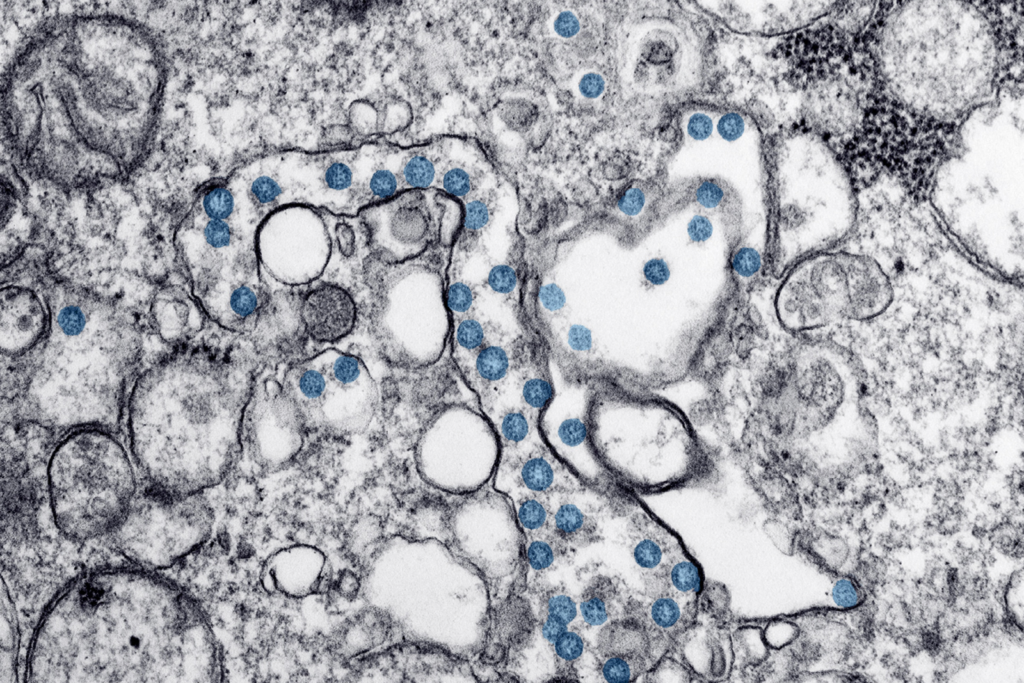
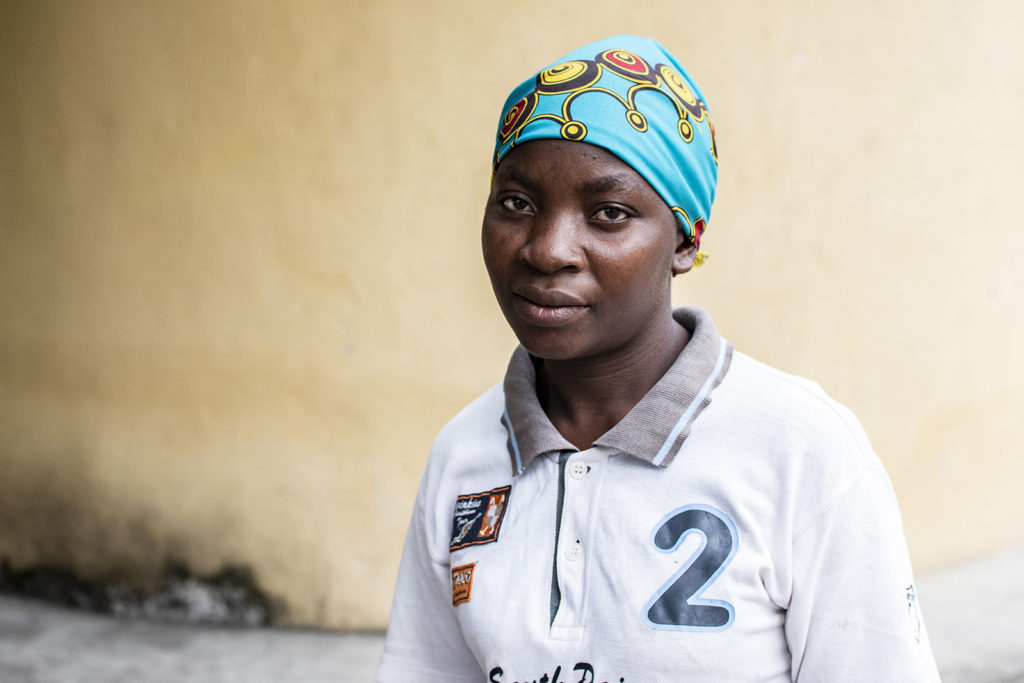

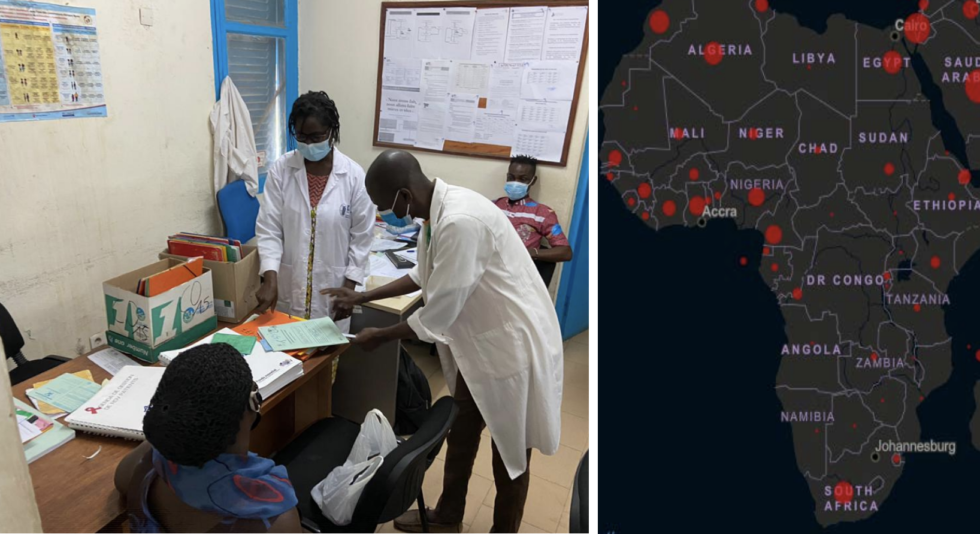 Against the backdrop of COVID-19, the 21 countries in the ICAP-supported
Against the backdrop of COVID-19, the 21 countries in the ICAP-supported 